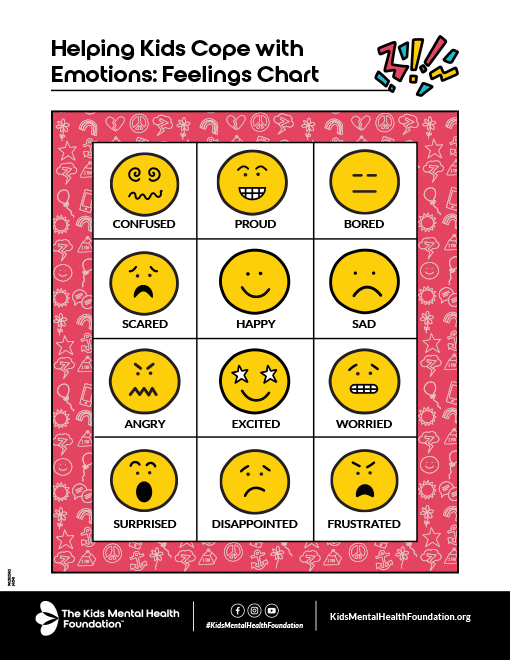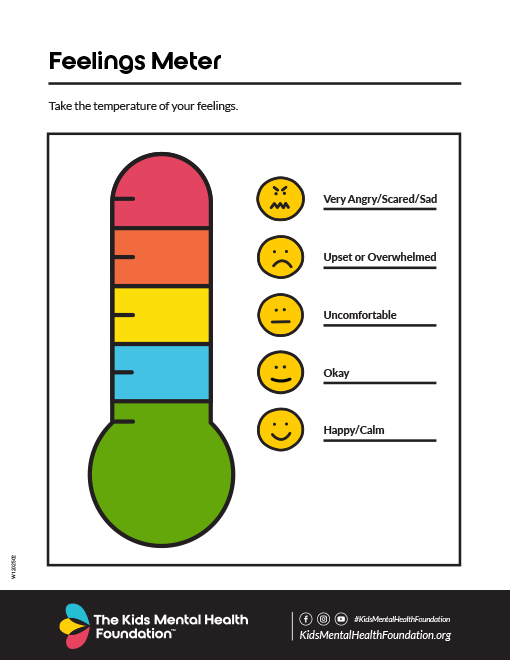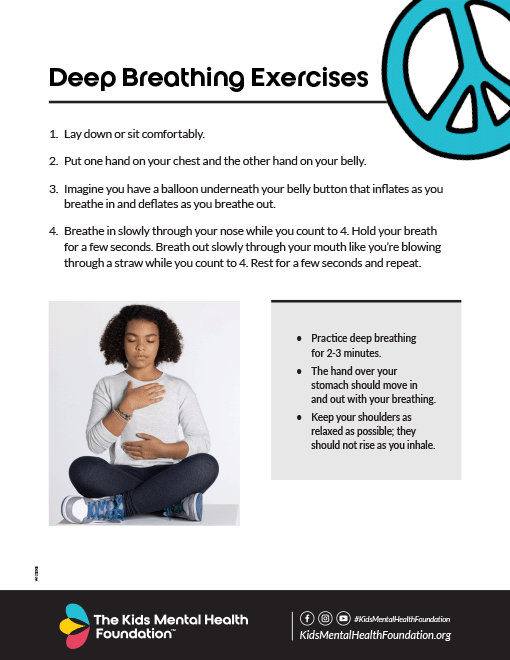- Identify the root cause of the child's behavior before selecting and enforcing consequences.
- Children act out to get what they want, often escalating their behavior if initial attempts fail.
- Ensure the child isn't hungry, tired, busy, thirsty, or bored, and consider if they are overwhelmed by emotions.
- Struggles with new skills can lead to frustration and acting out; consult a pediatrician or teacher if concerns persist.
Emotional & Behavior Wellness Resources

Kids start feeling emotions at a very young age. Emotions are helpful in fully enjoying life experiences, helping us connect with others, and serving as an “alarm system” when something is not right.
Kids also start acting out from a young age - starting with crying as infants and going all the way to door slams and eye rolls as teens. There are things you can do to encourage more positive behavior and discourage unwanted behaviors.
It starts with talking to children about emotions and teaching them how to manage and cope with strong emotions - will help them have more control over their behaviors and choices.
Boredom can also be good for mental health. In small doses, unstructured time can be a time of creativity and exploration. We have some ideas for making boredom work for you.



